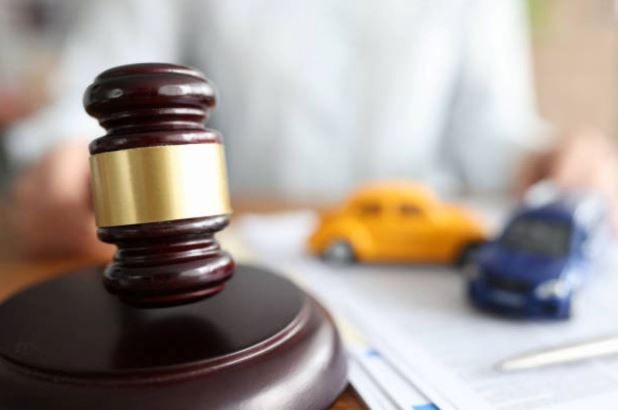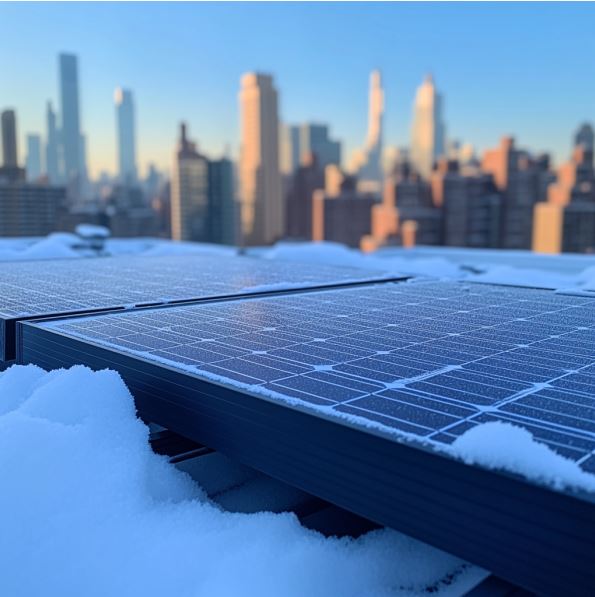How to Handle a Plumbing Emergency: Tips from an Emergency Plumber
Plumbing emergencies can strike at the most inconvenient times, turning an ordinary day into a stressful situation. Whether it’s a burst pipe flooding your home or a backed-up toilet, knowing how to handle a plumbing emergency quickly and efficiently can save you from extensive damage and costly repairs. While some situations may call for immediate professional help from an emergency plumber, there are steps you can take to minimize the damage before the experts arrive.
In this article, we’ll provide essential tips on how to manage common plumbing emergencies, offering practical advice on what to do when disaster strikes.
1. Shut Off the Water Supply
The first and most critical step in any plumbing emergency is to shut off the water supply. Whether you’re dealing with a leaking water heater, a burst pipe, or an overflowing toilet, stopping the flow of water can prevent further damage to your home.
Locate the Main Shut-Off Valve
It’s essential to know where the main water shut-off valve is located in your home before an emergency happens. Typically, this valve can be found in the basement, garage, or near the water meter outside. Turning this valve off will cut off the water supply to your entire house, stopping the immediate issue and allowing you time to assess the situation or contact a professional.
Isolate Specific Areas
If the plumbing emergency is limited to one fixture, such as a toilet or faucet, you may be able to avoid shutting off the water to the entire house. Instead, look for isolation valves located near the fixture itself. Turning these valves off will prevent water from flowing to that specific area while still allowing the rest of your home to have access to water.
2. Handle Minor Leaks
While waiting for a professional emergency plumber, you may encounter small leaks that require temporary fixes to prevent further water damage. Leaks can occur around toilets, water heaters, or faucets, and managing them quickly is key.
Temporary Leak Repairs
For small pipe leaks, a patch or plumber’s tape can be used as a temporary solution to stop the water from flowing. In the case of a leaky faucet or shower, try turning off the water supply to that particular fixture and placing a bucket under the leak to prevent further damage to your floors or walls.
Remember, these fixes are temporary and should not be considered long-term solutions. As soon as you’ve stabilized the situation, contact a licensed plumber to make the necessary repairs and ensure everything is functioning properly.
3. Address Overflowing Toilets
An overflowing toilet is one of the most common plumbing emergencies homeowners face. Not only is it messy, but it can also cause significant water damage if not handled quickly.
Stop the Water Flow
The first step in dealing with an overflowing toilet is to stop the water flow. Locate the toilet’s shut-off valve, typically found at the base of the toilet near the floor, and turn it off. This will stop the water from continuing to fill the tank and overflow.
Plunge the Toilet
Once the water is off, use a plunger to attempt to clear the blockage. Be sure to use a flange plunger designed for toilets, as it creates a better seal around the drain, allowing you to create the suction needed to dislodge the clog. If plunging doesn’t work and the toilet continues to back up, it may be time to call an emergency plumber for assistance.
4. Burst Pipes: Time is of the Essence
A burst pipe is one of the most severe plumbing emergencies you can experience. This type of issue requires immediate action to minimize water damage to your home.
Shut Off the Water Supply
As mentioned earlier, turning off the main water supply should be your first action when dealing with a burst pipe. This will stop water from gushing out and give you time to address the damage.
Contain the Water
Once the water is off, you’ll want to contain the water to prevent it from spreading. Use towels, buckets, or even a wet/dry vacuum to soak up as much water as possible. The quicker you can get the water under control, the less damage it will cause to your floors, walls, and belongings.
Call an Emergency Plumber
Dealing with a burst pipe is not something you can fix on your own. Contacting a licensed emergency plumber is critical for assessing the damage and making the necessary repairs. Professionals will replace the broken section of the pipe, inspect the plumbing system for further vulnerabilities, and help ensure your home’s water system is back in working order.
5. Water Heater Failure
A malfunctioning or leaking water heater can quickly escalate into a plumbing emergency, leaving you without hot water and possibly dealing with water damage. Understanding the warning signs and acting quickly can prevent the situation from worsening.
Shut Off the Water and Power
If your water heater is leaking or has failed, shut off the water supply to the heater immediately. This will prevent further leakage and damage. Additionally, if your water heater is electric, make sure to turn off the power at the circuit breaker to avoid potential electrical hazards. If it’s a gas water heater, locate the gas shut-off valve and turn it off to prevent gas leaks.
Drain the Water Heater
If it’s safe to do so, drain the water heater by connecting a hose to the drain valve at the bottom of the tank and leading it to a safe drainage area. This will help prevent further water damage to your home while you wait for a professional to arrive.
Contacting a professional for water heater installation or water heater replacement is essential if the unit is beyond repair. A new unit will not only restore your access to hot water but also improve energy efficiency in your home.
6. Preventative Measures for the Future
While plumbing emergencies are often unpredictable, taking preventative measures can reduce the likelihood of future issues. Regular maintenance and inspections of your plumbing system, water heater, and fixtures can help identify potential problems before they turn into emergencies.
Schedule Routine Maintenance
Scheduling routine maintenance with a licensed plumber is one of the best ways to keep your home’s plumbing system in good shape. A professional can inspect pipes, check for leaks, and ensure that your water heater and other fixtures are functioning properly.
By catching small issues early, you can avoid the need for urgent repairs and reduce the risk of emergencies such as burst pipes or water heater failures. Regular inspections also ensure that your home remains in compliance with local plumbing codes.
Conclusion
Plumbing emergencies are stressful, but knowing how to handle them can make all the difference. From shutting off the water supply to managing leaks and calling in professional help, taking swift action is the key to minimizing damage and getting your home back to normal. While these tips can help you handle immediate situations, having a trusted emergency plumber, like Benjamin Franklin Plumbing, on call ensures that professional assistance is just a phone call away.
By addressing problems quickly and taking preventative steps, you can protect your home from costly damage and keep your plumbing system running smoothly.



